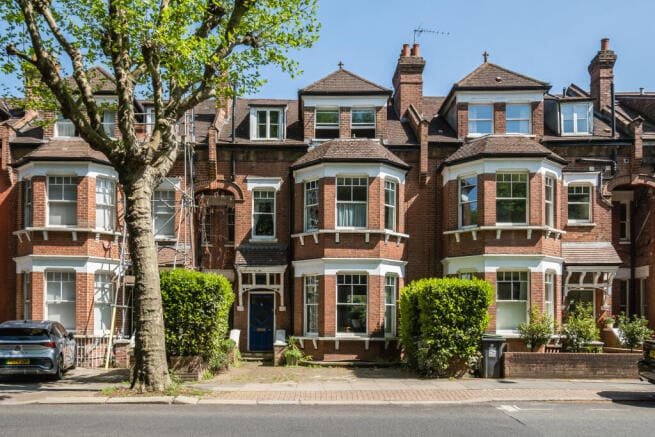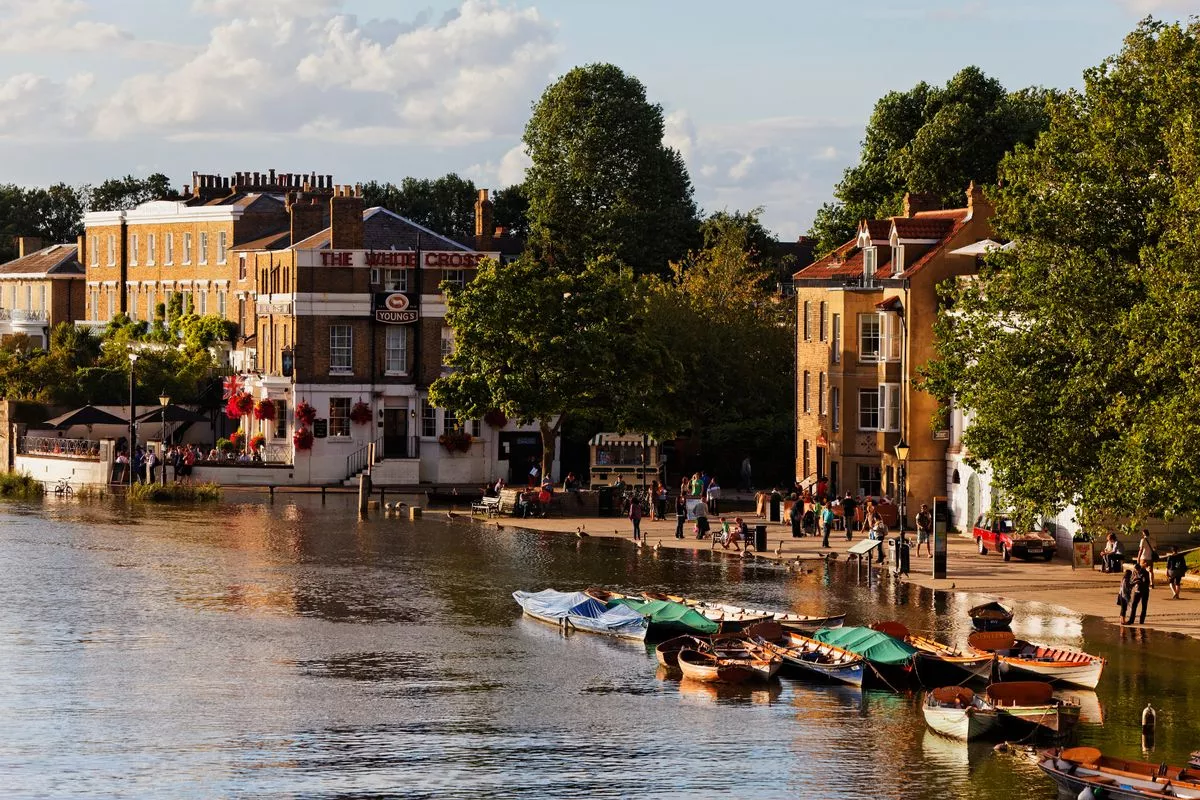Mortgage rates edge up for the first time since February as lenders take stock

UK mortgage rates have risen fractionally for the first time since February, as lenders take a cautious view into winter and ahead of the Budget.
Fresh figures from Moneyfacts show the average two-year fix at 4.98% and the average five-year fix at 5.02%. The month-on-month change is small at 0.02 percentage points, yet UK mortgage rates remain a stretch for many borrowers compared with the cheaper deals common through the 2010s.
Property — Latest from EyeOnLondon
Market moves, rental trends and research to help you make informed choices.
The price of convenience: living near a rail station
New analysis shows London buyers pay a premium for quick access to trains and Tube. How much is walk-to-rail worth?
Read the researchMore Property
London rents rise 37% in five years
Why costs keep climbing, which boroughs lead the surge, and what it means for tenants renewing this winter.
Read the analysisMore Property
Where rent goes furthest: the North East
Fresh figures confirm England’s North East as the most affordable region for renters compared with London and the South.
Read the storyMore Property
Analysts say hopes of imminent base-rate cuts have faded. When market expectations move, lenders tend to adjust pricing. As Rachel Springall of Moneyfacts put it, “Volatile swap rates and a cautionary approach among lenders have led to an abrupt halt in consecutive monthly average rate falls.” Swap rates reflect where markets think official interest rates will go next, and they feed directly into the cost of fixed-rate loans.
Simon Gammon, managing partner at Knight Frank Finance, said lenders were edging rates higher while the outlook becomes clearer. “This is unlikely to mark the start of a sustained rise in borrowing costs, but rather a prolonged plateau while the outlook becomes clearer,” he said.
More than eight in ten mortgage customers are on fixed deals, typically for two or five years. Many of those taken out during the era of ultra-low rates are expiring, leaving households to refinance at today’s UK mortgage rates and rework monthly budgets already under pressure from higher living costs.
Context matters. In October two years ago, the average two-year fix was 6.67%. Rates are well below that peak, but still markedly above the levels homeowners grew used to in the last decade.
With the Chancellor due to deliver the Budget in November, borrowers are being urged to focus on their own circumstances rather than chase headlines. “It remains essential borrowers seek independent advice to navigate the mortgage maze and not feel pressured to secure a deal because of the Budget rumour mill,” Ms Springall said.
For readers wanting a plain-English explaination on how base rates influence mortgages, see this official guidance on interest rates.
What it means for you
- If your fix ends within six to nine months, speak to a broker now and ask your lender about product transfers.
- Consider the total cost of a deal, not just the headline rate, including any fees.
- Track whether swap rates are stabilising, since they are a key driver of fixed-rate pricing.
For more practical, people-first money coverage, follow EyeOnLondon for clear guides and calm analysis.
[Image Credit | Rightmove]
Follow us on:
Subscribe to our YouTube channel for the latest videos and updates!
We value your thoughts! Share your feedback and help us make EyeOnLondon even better!









